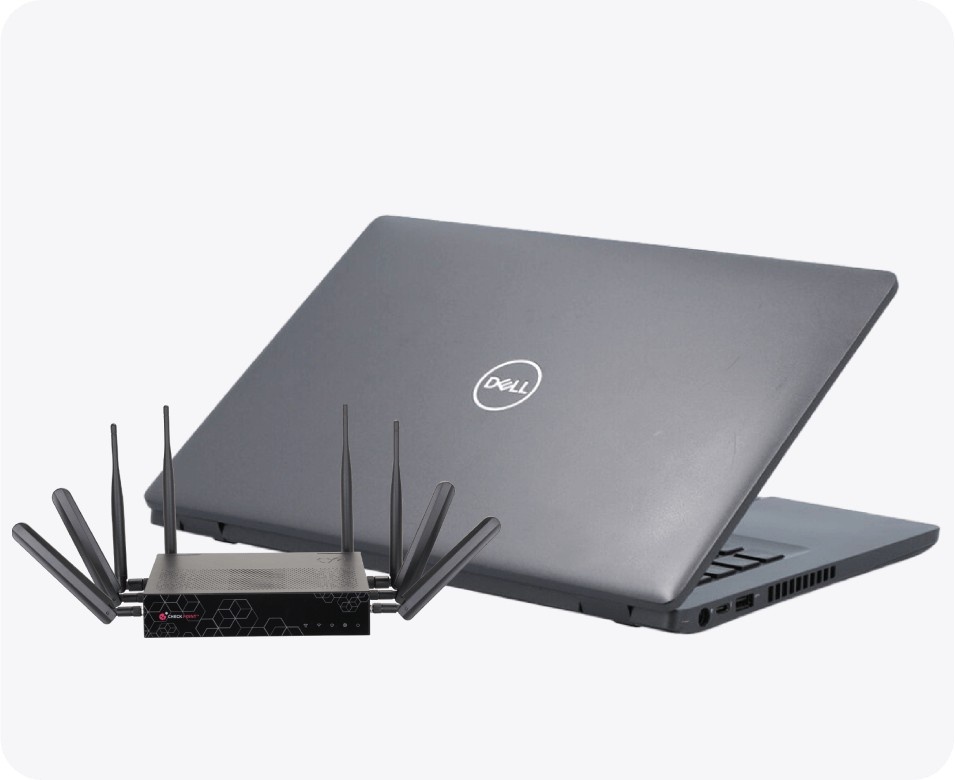
We put stock on your shelf for free, pay after you sell it
Griffin-IT provides your in-house hassle free 3YR Advanced Replacement Warranty and no wait resolution via free onsite “puppy” spares.

Whether you’re an Autopilot shop or simply want an RMM agent preloaded before shipment, we have you covered.

Griffin-IT values our MSP partnerships by providing discrete direct shipments. All Griffin-IT shipments deliver without any paperwork or pricing with the package.


Improve your online visibility and attract more customers with tailored SEO strategies that boost rankings and drive organic traffic.

Build your brand and engage your audience with effective social media strategies designed for maximum impact.

Make data-driven decisions with detailed reports and insightful analysis to track performance and optimize outcomes.s.
Griffin-IT provides an in-house hassle free 3YR Advanced Replacement Warranty and no wait resolutions via free onsite “puppy” spares.


Brought to you by Adaptive Catalog


